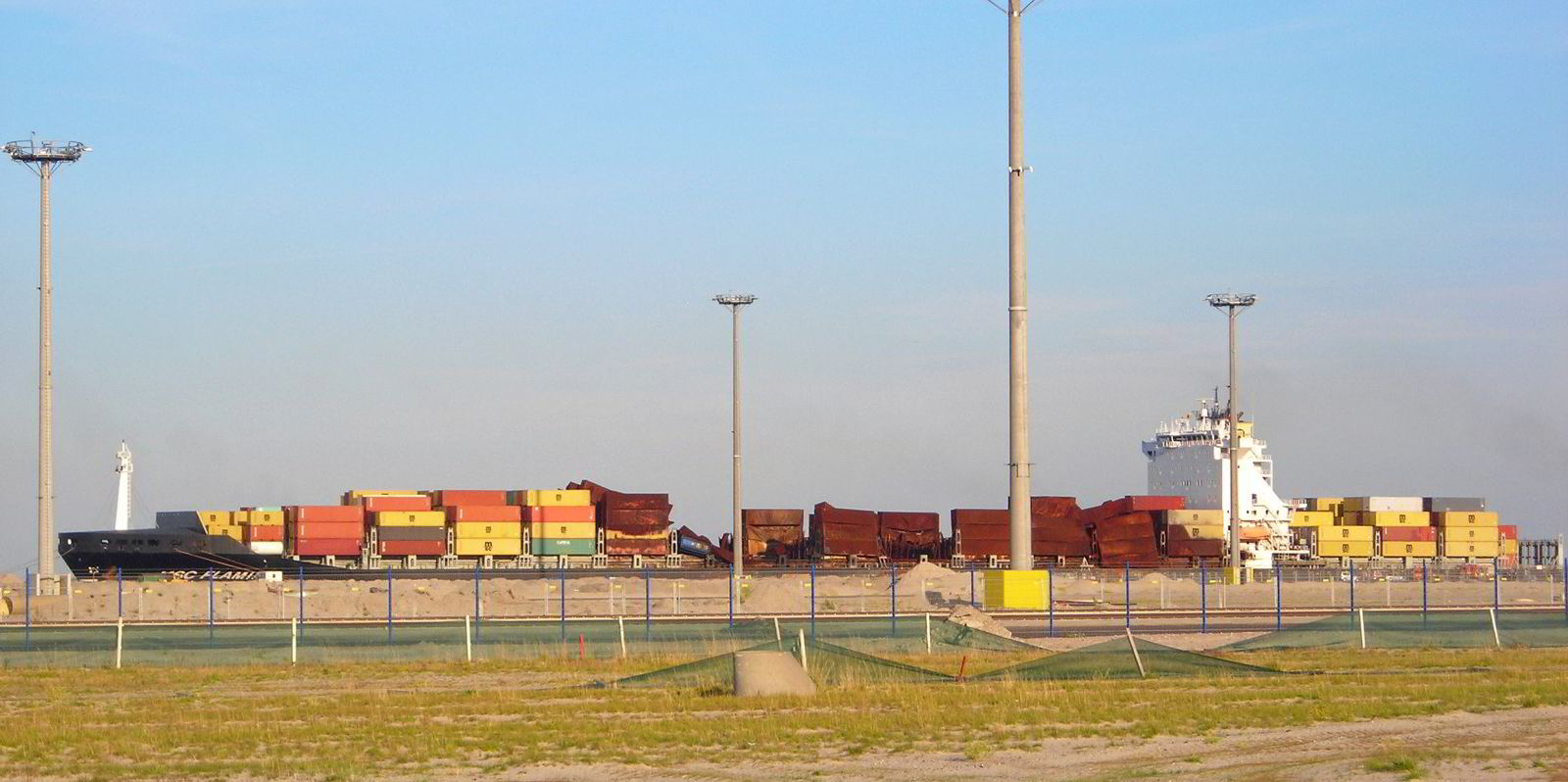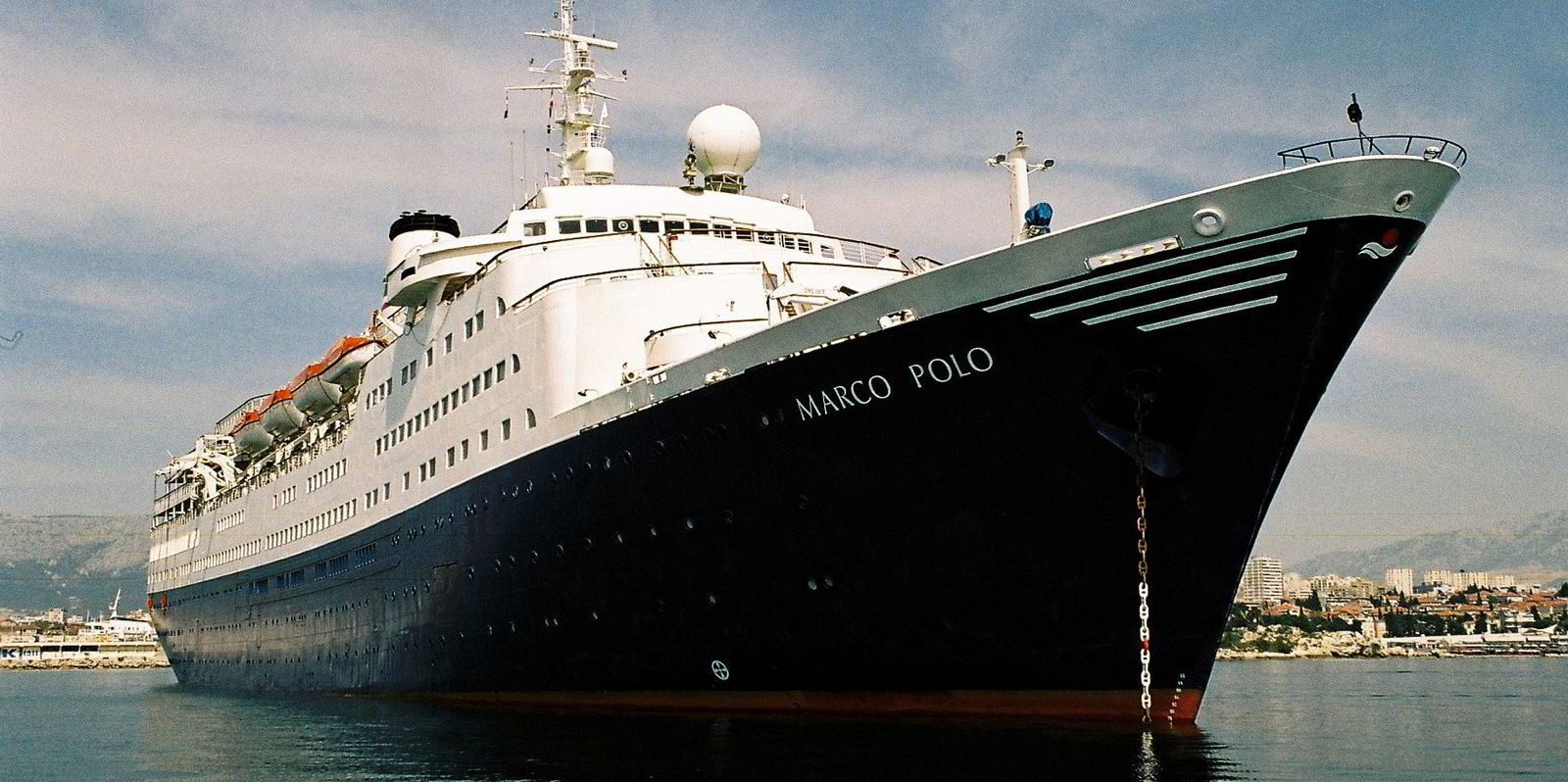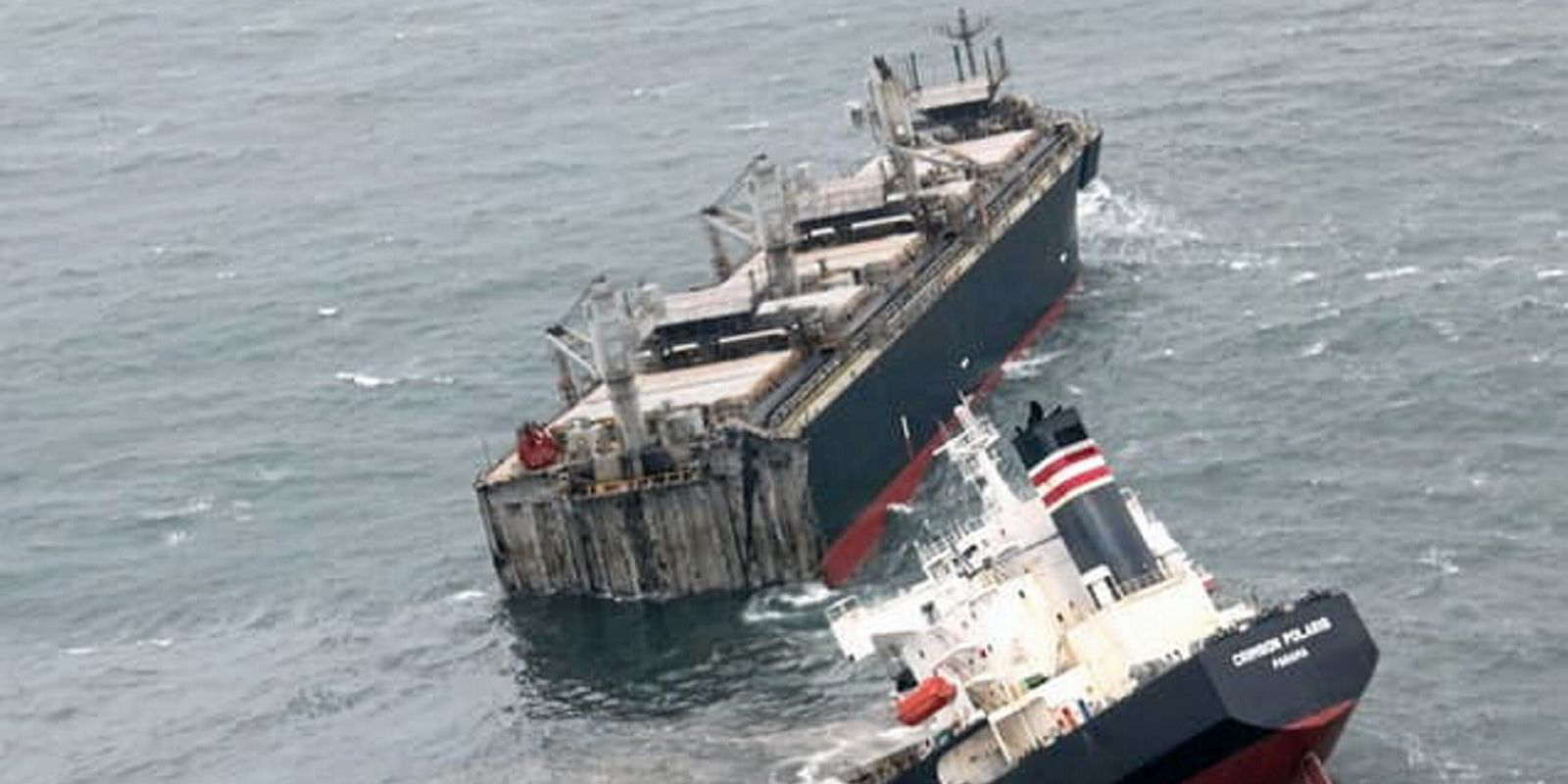As the courtroom battle drags on over the 2012 explosion that killed three crew members on the MSC Flaminia, the process known as general average adjusting — to divide up the costs of the incident — is also ongoing nine years later, legal sources said.
When general average is declared after an incident, cargo and vessel interests share in the cost of a casualty.
Some of the sources said it is unusual for a general average calculation to take this long.
"It's really incomprehensible," said one expert.
But another legal source said general average cases lasting as long as the MSC Flaminia are not unheard of when they involve container ship fires, because so many parties are involved.
“Where there’s a fire, general average adjustment takes many years to produce,” said a lawyer who works on such cases.
He pointed to the case of the 11,356-teu container ship CMA CGM Libra (built 2009), whose general average claims were still the subject of dispute 10 years after the ship ran aground off China until the UK Supreme Court ruled on it in November.
And in that case, there was no damage to the cargo involved.
Cargo interests of the CMA CGM Libra had been resisting general average contributions on the grounds that a faulty passage plan made the vessel unseaworthy. That was an argument that the Supreme Court accepted in its ruling.
Germany’s NSB Group, manager of the 6,732-teu MSC Flaminia (built 2001), declared general average a month after the July 2012 explosion at the urging of its insurer.
The move came as the salvage operation for the container ship faced difficult weather conditions off the UK coast and as the owner sought a safe harbour for the damaged vessel.
Schlimme & Partner has been appointed as general average adjuster alongside Rogers Wilkin Ahern, with Groninger Welke Janssen as collecting agent.
In 2017, Stolt-Nielsen and Deltech reached a settlement with cargo claimants that included an agreement to indemnify cargo interests for general average adjustments.





